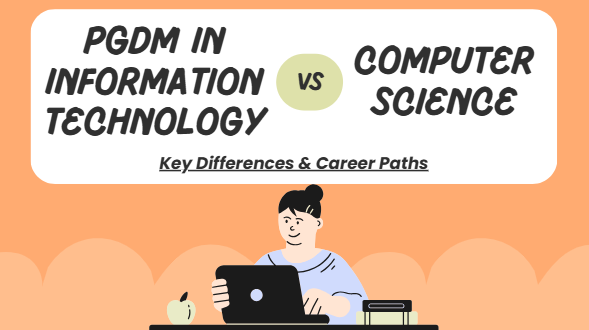
The 80-20 rule also known as the Pareto analysis was founded in 1906 by an Italian economist, Vilfredo Pareto.
He discovered that 80 percent of the country’s wealth is owned by just 20 percent of the population. Upon extensive research, he found that this disproportionate distribution of wealth was common across Europe.
Later in 1937, Joseph Juran, a Romanian-American business theorist applied this principle to the business world. He observed that in quality control departments, 80% of the production defects are caused by 20% of the defects.
With the implications of the Pareto principle, most of the production defects can be fixed by making small changes.
By extension, this principle can be applied to our personal lives as well. In retrospect, we make realize that most of the defects or issues can be managed with minimal effort. Hence applying the Pareto principle in our daily lives will help us in effective time management, growth in productivity levels, and improved focus.
Here are a few tips with which you can increase your productivity by making small changes in your lives –
- Create a planner – Create and maintain a daily plan to sort and prioritize your daily tasks. List down the tasks for that day in decreasing order of priority. This will help you to prioritize your daily tasks. Through this practice, you can plan your day better.
- Set a timeline – Once you have prioritized the tasks, set a deadline for each. Focus on meeting the deadline.
This will give you a sense of achievement and act as motivation to do better. It will also help to plan your day effectively. Set goals will also make you more efficient.
- Monotask – Multitasking is often considered a sign of an effective manager or employee. However, it is a myth. Concentrate on completing the task at hand or one task at one time.
Thus you can pay attention to executing the task more proficiently and motivate yourself to outdo yourself every time.
- Limit your downtime or breaks – Treat your downtime or breaks as a reward. This will motivate you to work harder for that reward. This will train your mind to do distracting activities such as checking your phone or scrolling through social media in break time as a reward for your hard work.
- Cultivate a distraction-free environment at the workplace – Decluttering your desk will help improve your focus. A cluttered desk can often be a reason for a lack of concentration. Organize your desk for better productivity.
Decorate your desk with things that help you calm your mind and make you feel happy. Use ergonomic chairs and desks.
- Mental health – Problems like lack of sleep, mind wandering, trouble concentrating, or even illnesses like ADHD affect your ability to focus on your work. It is important to have mental stability and be careful of your mental health. Meditation is proven to have many mental health benefits. Practising mindfulness or meditation can help facilitate greater concentration.
The bottom line is, we are surrounded by distractions that affect our productivity and mental health.
We need to make conscious efforts and make small changes in our habits. These minute changes will contribute greatly to our efficiency and productivity and increase our concentration.
MIT School of Distance Education is an institute engaged in the holistic development of working professionals. Hence along with academics focusing on mental health and mental conditioning is necessary.
MITSDE Harbour is an initiative focused on helping students make positive changes in themselves to achieve their goals. It is an initiative for students beyond the usual periphery of the course.
The programme helps to deal with stressful situations, provides guidance on techniques like time management, effective study, self-awareness, and coping strategies, and motivates you to always do your best despite any challenges you may face along the way.



